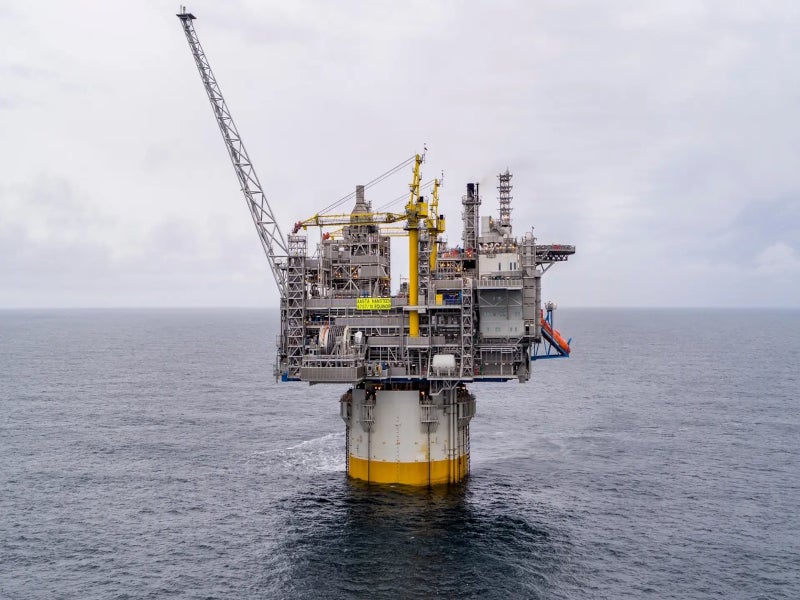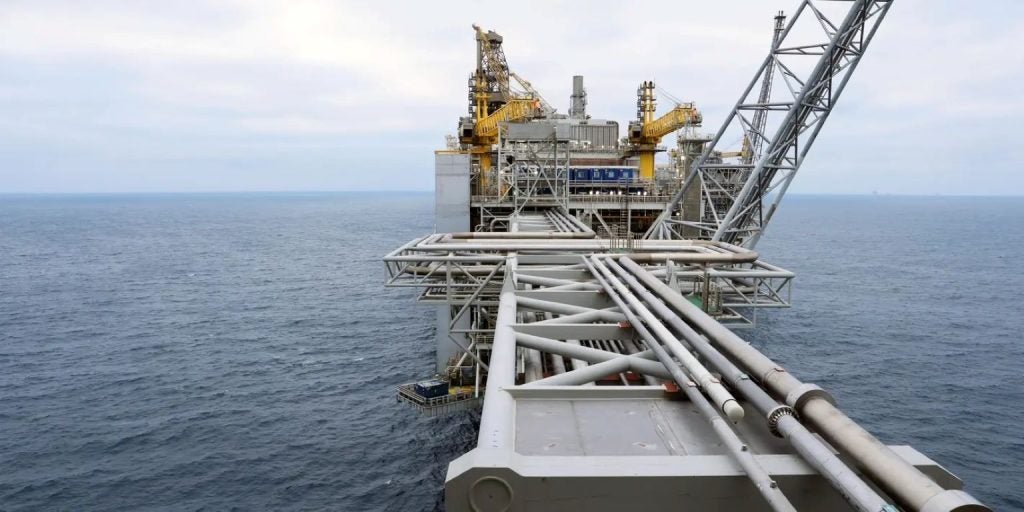
Norway’s Government announced on Wednesday its approval for the development of 19 new oil and gas fields, with investment in the projects exceeding $18bn (NKr200bn), Reuters reports.
The move comes as the country looks to extend its oil and gas production for decades to come. In 2020, Norway’s parliament decided to stimulate petroleum investment after a significant downturn in upstream production. This triggered a surge in applications from oil and gas companies looking to expand operations.
“These are projects that will contribute to a continued high and stable output from Norway’s Continental Shelf as well as employment and value creation,” Norway’s Minister of Petroleum and Energy, Terje Aasland, told a news conference.
Equinor was among the companies to receive final field development approval on Wednesday. Plans for the development and operation of the subsea fields Irpa and Verdande, and the production well Andvare in the Norwegian Sea, were all approved, the company announced in a press release.
“These development projects will quickly bring new production to market with low development costs, while extending the activity on the host platforms,” said Trond Bokn, Equinor’s senior vice-president for project development.
See Also:
The gas Irpa discovery is located almost 80km from the Aasta Hansteen field, and the development will extend the field’s productive life by seven years to 2039.
How well do you really know your competitors?
Access the most comprehensive Company Profiles on the market, powered by GlobalData. Save hours of research. Gain competitive edge.

Thank you!
Your download email will arrive shortly
Not ready to buy yet? Download a free sample
We are confident about the unique quality of our Company Profiles. However, we want you to make the most beneficial decision for your business, so we offer a free sample that you can download by submitting the below form
By GlobalDataNorway’s Government has said that its oil and gas resources are essential to Europe’s energy security amid sanctions on Russian supplies and will be needed for decades to come.
Efforts to expand and extend fossil fuel production go directly against recommendations from the International Energy Agency (IEA) and the UN on pathways necessary to limit global warming to below 1.5°C and avoid the worst impacts of climate change.
According to the IEA’s net zero by 2050 pathway, no new oil and gas fields are required to maintain energy supply. It also states that from time of publishing in 2021, there can be “no investment in new fossil fuel supply projects” if 2050 net-zero goals are to be met.
The International Renewable Energy Agency (IRENA) published a report in March this year stating that to maintain the 1.5°C climate target set out in the Paris Agreement, yearly investment in renewables must more than quadruple, with investment in fossil fuels needing to shrink drastically.
In 2020, gross global electricity generation was made up of 28% renewables and 62% fossil fuels or other non-renewables. By 2050, renewables must account for 91% of gross electricity generation, with fossil fuels down to 5%, IRENA’s report said.
Investment in oil and gas also sits out of line with IEA forecasts for global oil demand growth. In its medium-term oil outlook report published earlier this month, the IEA said it expects annual demand growth to shrink from 2.4 million barrels per day (mbbl/d) this year to 0.4mbbl/d by 2028, largely due to the anticipated decline in fossil transport fuels as the industry turns to electrification.
“Oil producers need to pay careful attention to the gathering pace of change and calibrate their investment decisions to ensure an orderly transition,” IEA executive-director Fatih Birol said in a statement.






